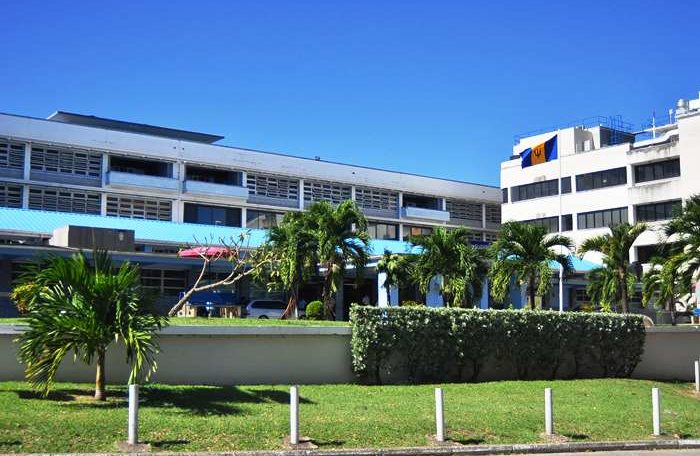Barbados’ health care system was arguably described as the best in the Eastern Caribbean. It was something of which the citizens of this country were extremely proud.
It was not uncommon for patients, some of them well-known figures, to travel from across the Caribbean to the island’s premier health institution, the Queen Elizabeth Hospital (QEH) to receive treatment for various conditions.
When people speak of the state of the health care system, they often make reference to the QEH. Opened in 1964, the Martindales Road, St Michael institution is a 600-bed facility that too many have lost trust in to deliver the best care possible.
Despite the hundreds of millions of dollars in annual budgetary support and thousands of dollars in donated medical and other equipment, the QEH has become a sinkhole for taxpayers’ dollars while complaints about the quality of care mount.
This is not to say that the hospital does not deliver satisfactory outcomes or that there are not high calibre medical teams doing a tremendous job.
The problem remains the consistently low reviews from dissatisfied people seeking care at the hospital. The QEH, despite all its efforts and its long line of hospital directors and board members, these assets have been unable to make a sustained difference in the eyes of the public.
In an age of social media, where people can tell their own stories of unsatisfactory treatment without need of assistance from traditional media, the QEH’s image has taken a beating.
In recent months, the hospital has been urging persons seeking medical attention at the Accident and Emergency Department to seek care elsewhere.
Effectively, unless people believed they had life-threatening conditions such as “life, limb or sight threatening complaints, gunshot wounds, heart attacks, active seizure activity or a patient who needs resuscitation” they are being told not to come here.
The QEH’s advice to patients who were turning up in high numbers at the hospital’s Accident and Emergency department that they should instead seek care at the 24-hour Winston Scott Polyclinic at Jemmotts Lane, St Michael or pay a private general practitioner.
While it is agreed that too many people seek care at the QEH for complaints that may not be emergencies, in the patients’ minds, the issue they are facing is an emergency.
The other factor that ought to be considered is the current economic conditions in which many households have not recovered from the tumultuous period of the pandemic.
At that time, people wiped out what savings they had in order to survive. Furthermore, thousands of workers lost their jobs and were on the breadline for an extended period.
The cost of living has so negatively impacted households across the island that most people are without adequate health insurance coverage or have none at all.
It is a reality for many Barbadians, even those in middle-income households, have very little disposable income for medical emergencies, and therefore, their last resort is the QEH’s Accident and Emergency Department.
If 35 people seeking medical attention at the hospital results in people waiting more than 48 or 36 hours before they are attended to, that suggests a system that is broken.
The island’s polyclinics, which in ideal conditions, should take much of the load from the QEH are themselves impacted by inadequate staff and supplies.
The island’s health care services are free at the point of delivery but if those services are so inadequate or inaccessible that people are forced to pay private providers, then the notion of free services is moot.
With general practitioners’ fees averaging around $100 and specialists $250, a weekly paid worker could see almost half his wage disappear with one doctor’s visit and this does not account for the cost of medication.
We would not seek to diminish the value of public health care services in Barbados but it is time to admit that it is not working for the majority of citizens.
As a result, two Barbadoses have been created, those who can afford to pay for private care and those who must languish for days at the Accident and Emergency Department or stand in line at a polyclinic that may or may not be in a position to provide the necessary care.




